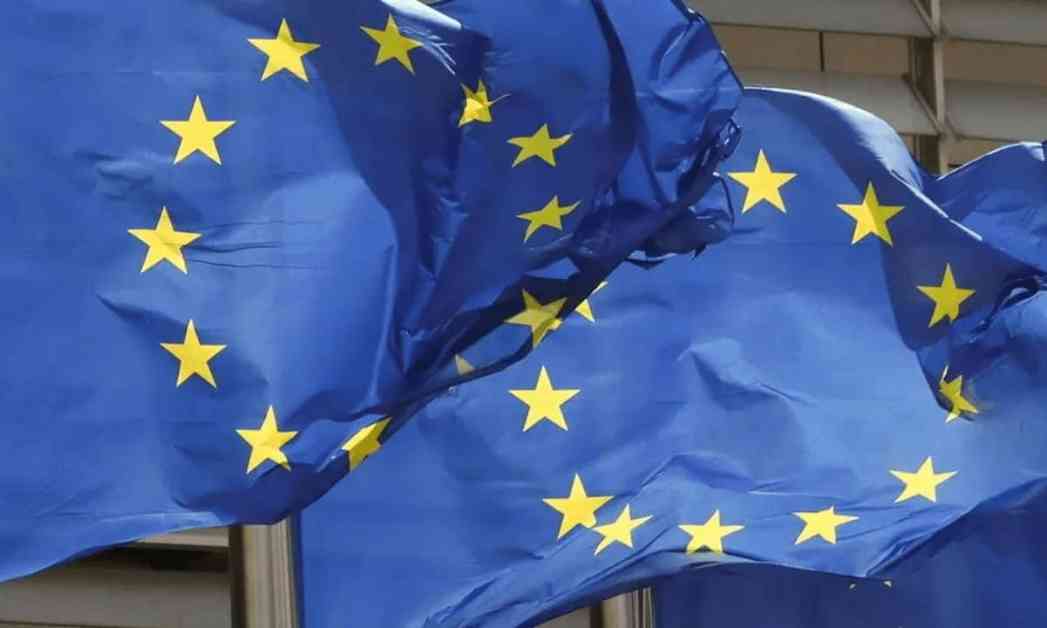Uphold, a well-known crypto exchange based in New York, recently made a significant announcement regarding the delisting of six stablecoins, including Tether (USDT), in response to the upcoming MiCA regulation in the European Union. This decision was made in alignment with the Markets in Crypto Assets (MiCA) regulation, which is set to take full effect on June 30th, 2024. The MiCA regulation, which was passed into law in May 2023 and partially enacted a month later, imposes strict regulations on digital assets, requiring them to comply with its extensive rules.
The delisting of Tether (USDT), the largest stablecoin in the group, has sparked concerns about the future of USDT in the European region. Tim Wang, the COO of Elixir, expressed that the short-term effects of this decision may lead to market dislocation for liquidity and trading markets, especially considering the dominance of USDC and USDT on centralized exchanges. Wang also mentioned that unless the EU decides to no longer facilitate crypto markets altogether, an intermediate-term solution will likely be needed.
Euro stablecoins have struggled to gain significant adoption compared to US dollar-backed stablecoins and assets, which remain the primary form of collateral in the crypto markets. The new EU crypto laws under the MiCA regime impose stringent regulations on fiat-backed stablecoins and e-money tokens, including requirements for a 1:1 backing of fiat-based stablecoins with liquid reserves, custodial separation of reserve assets, and a ban on algorithmic stablecoins.
It is important to note that Uphold is not the only crypto exchange that has adjusted its stablecoin listing policies to comply with regulatory requirements. Major exchanges like Kraken, Binance, and OKX have also made changes to ensure compliance and avoid regulatory issues.
While the MiCA regulations in the EU could set a precedent for crypto regulations in other regions, the significance of stablecoin regulations may vary. Tim Wang believes that stablecoin regulation could become a complex issue, especially as “stablecoin hegemony” becomes a contentious political topic. This is evident in former President Donald Trump’s recent discussions with US-based Bitcoin miners regarding the future of mining in the country.
In conclusion, the delisting of Tether (USDT) by Uphold and the implementation of MiCA regulations in the EU highlight the evolving regulatory landscape surrounding stablecoins. As the crypto industry continues to navigate these changes, it is essential for exchanges and market participants to stay informed and adapt to comply with the latest regulations.

